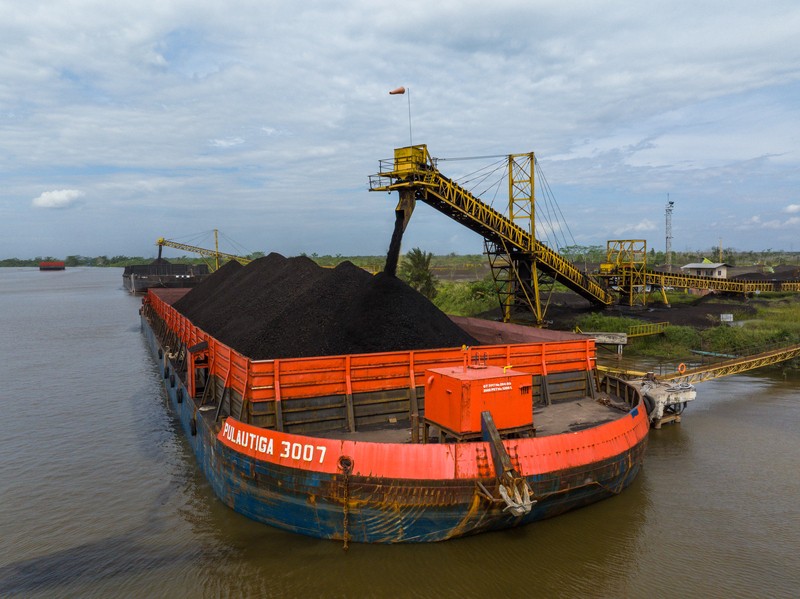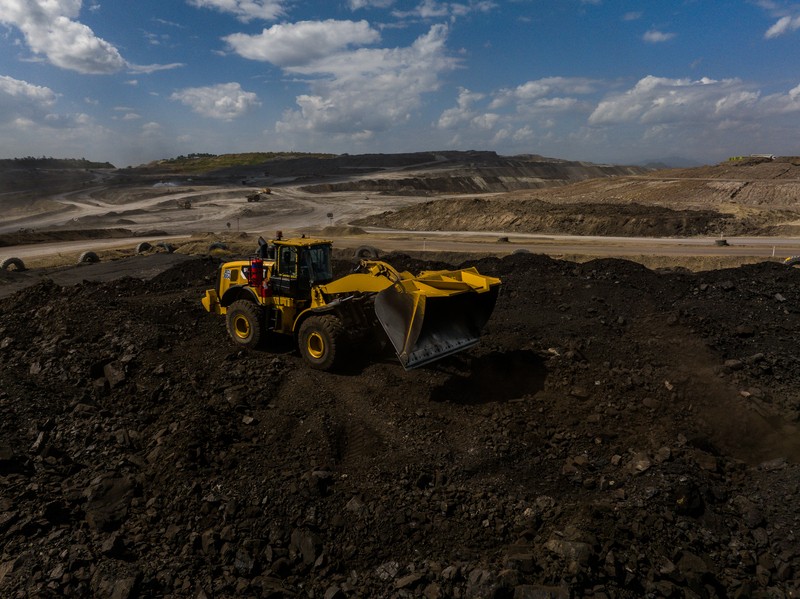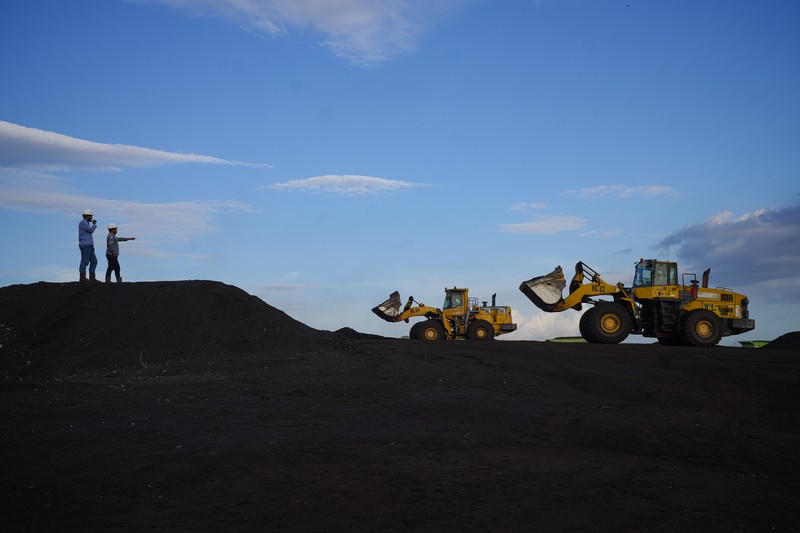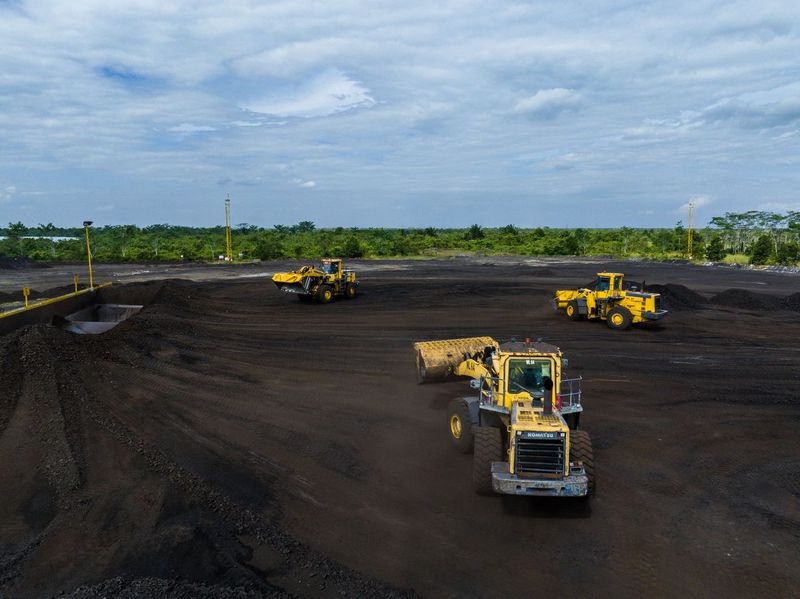Coal is one of the energy sources that humans have relied on for centuries. As a fossil fuel, coal plays an important role in modern life, especially in supporting various industrial and household sectors.
Despite criticism of its environmental impact, the benefits of coal in everyday life cannot be overlooked. Here are several benefits of coal that are still relevant today.
1. Main Energy Source
Coal is one of the main energy sources for electricity generation worldwide, including in Indonesia. This process involves burning coal to produce steam, which then drives turbines to generate electricity. Electricity generated from coal is the backbone of various human activities, such as lighting, electronic devices, and industrial machinery.
2. Industrial Fuel
Apart from power plants, coal serves as the main fuel in various industrial sectors. For example, the cement and steel industries use coal as an energy source in their production processes. Coal produces high heat requires to melt metals or other construction materials.
Read also: Safety and Health (K3) Transformation in the Mining Industry
3. Raw Materials for Chemical Products
Coal is not only a fuel source but also as a raw material in the manufacture of various chemical products. Some of the products from coal processing include tar, methanol, benzene, and ammonia. These chemicals are then used to make everyday products such as plastics, dyes, and pharmaceuticals.
4. Household Use
On a household scale, especially in rural areas or regions not yet covered by gas and electricity networks, coal is still used as a fuel for cooking and heating. Although its use has declined due to the availability of more environmentally friendly energy alternatives, coal remains an economical choice for some people.
Read also: Coal Mining Contractors as an Important Pillar in Indonesia’s Energy Industry
5. Supporting Transportation Infrastructure
Coal also plays a role in the development of transportation infrastructure. For example, tar produced from coal is used as a key material in asphalt production. This means coal indirectly supports the construction of roads that connect various regions, improve accessibility, and boost economic growth.
6. Source of State Revenue
For coal-producing countries like Indonesia, this commodity is one of the major sources of revenue through exports. Coal contributes significantly to national income, which can then be used for infrastructure development, education, and healthcare services.
Read also: Trusted Heavy Equipment Dealer in Indonesia
7. Driving Local Economic Growth
The coal mining industry creates numerous job opportunities for communities around mining areas. In addition, this activity also stimulates the growth of local businesses, such as logistics services, mining equipment, and the daily necessities of mine workers.
8. Coal Waste Utilization
Coal waste, such as fly ash and bottom ash, also has its own benefits. These wastes can be used as raw materials for making concrete, bricks and other construction materials. This innovation not only helps reduce environmental pollution but also supports infrastructure development.
Read also: Coal Shipping: An Efficient Solution for Energy Distribution
Challenges in Coal Use
Despite its significant benefits, the use of coal comes with several challenges. The combustion process generates carbon dioxide (CO2) emissions which contribute to climate change.
In addition, coal mining activities often result in environmental damage, such as deforestation and water pollution. Therefore, it is important to find ways to make the use of coal more efficient and environmentally friendly, such as implementing clean combustion technology and adopting renewable energy as an alternative.
In conclusion, coal plays an important role in our daily lives, from being an energy source, industrial fuel, to raw material for chemical products. However, the environmental challenges it faces demand innovations and solutions to minimize its negative impacts. With wise utilization, coal can still provide benefits to society without compromising environmental sustainability.




